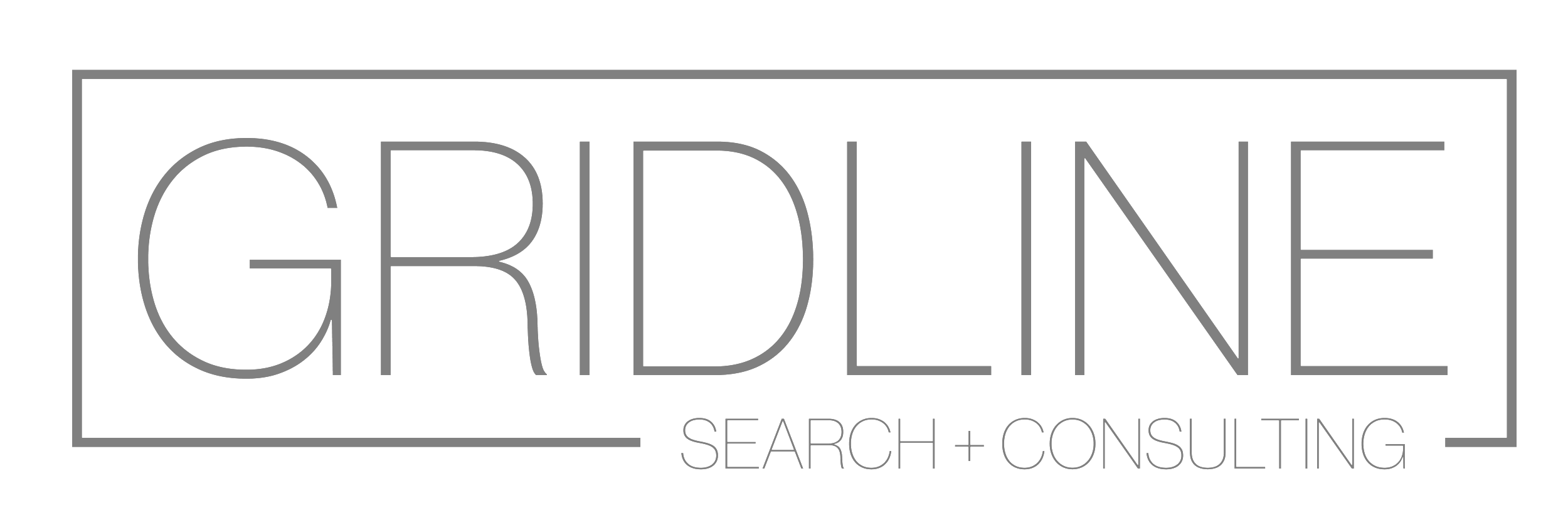Why Corporate Law Associates Lateral to Finance or Funds Practices
If you are a transactional M&A, capital markets or general corporate associate at a BigLaw firm and you're thinking about how you can expand your skill set or change some part of your day-to-day practice, you might consider a shift in focus to a finance or investment funds practice. The need for attorneys with an interest in these practice areas is very strong across the major legal markets. Many of the finance or funds associate openings do not require that you already have focused experience in these areas. Sometimes general corporate experience can be enough.
If you're a 3rd year+ deal lawyer in M&A or capital markets that is looking to stay in BigLaw but wants a practice shift, then finance or funds work might be for you.
Here are some what's and why's on finance and funds:
Finance law practice:
What is it? Simply speaking, "finance law" (or alternatively "banking law") concerns legal issues around the lending of money. You might represent a borrowing company, a lending institution or a "sponsor" (a private equity firm engaged in a debt-finance or leveraged transaction). Or you might focus on financing projects for a particular industry (like energy or health care), or assets for a particular industry (like aviation or financial services).
Why should I lateral into it from another corporate practice? The transactions involved in a finance law practice can vary widely in size. If you're working at a firm in a transactional practice that is driven by multi-billion deals that can take years or can disappear as quickly as they arrive, you may be looking for a less intense and more predictable pace. Some finance law practice groups have steady, predictable transaction flows that are more in the multi-million dollar range.
How do I position myself? If your transactional experience so far concerns due diligence and input on underwriting and other financing agreements, you may have the skills necessary to lateral into a finance practice. M&A and capital markets (especially debt-related capital markets) can provide this exposure after just a couple years. If you have worked on some transactions and have built some financial literacy over 2-3 years at a BigLaw firm, you might be able to make a move.
Funds practice:
What is it? When someone says they work in a "funds" practice, they usually say mean that they work in the formation of financial funds - private equity funds, venture capital funds, hedge funds, mutual funds, etc. The formation of a fund can be complicated from a tax law, corporate governance and/or general regulatory perspective, thus requiring legal advice.
Why should I lateral into it from another corporate practice? Some funds practices have a steady flow of work from a small group or even single client. This can lead to more predictable work and hours. Additionally, funds practices are often small groups, even at very big firms, so you can get a lot more responsibility earlier on.
How do I position myself? You should highlight transactional experience that shows your understanding of securities, tax or other regulatory issues. Focus more on deals where you helped interpret complicated regulatory concepts via formal or informal memoranda for your clients. If you have experience with corporate governance documentation, you should highlight that as well.
